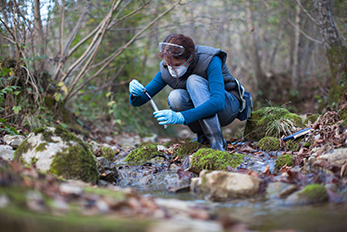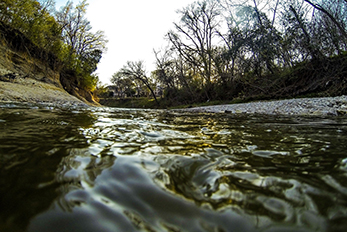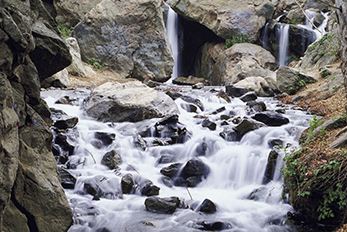Main Content
Explore the geology of NJ’s glacial aquifers in this course, which covers glacial sediment, stratigraphy, hydrogeologic behavior, well yields, and more.
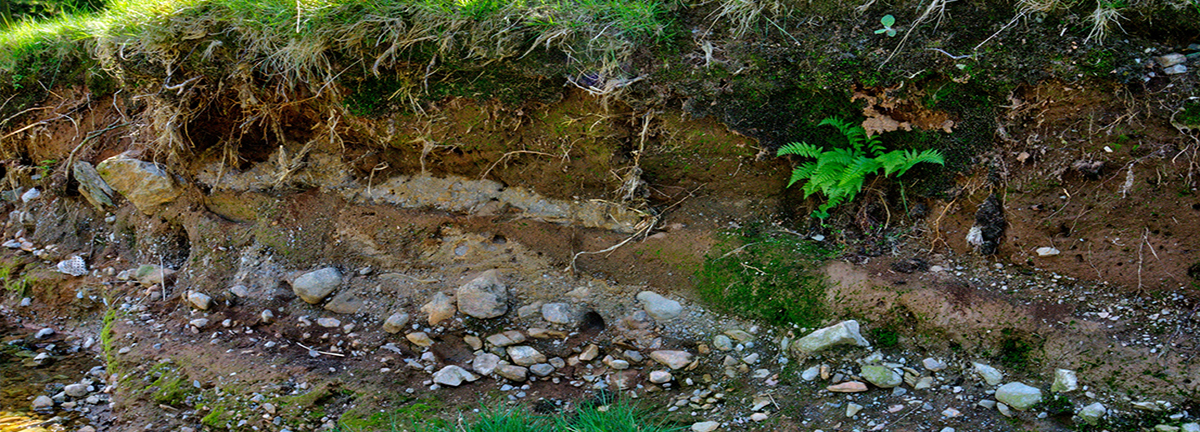
Course Status Notice – Not Scheduled
We do not have an offering of this course scheduled at this time. Please join our email list to be notified when the next offering is scheduled!
Jump to: Overview | Instructor | Reviews | CE Credits | Contact Us | Related Courses | Join Email List
Course Details
Course Name: Glacial Deposits of New Jersey
Course Code: EW0111WA26
Date of Most Recent Offering: September 10, 2025
Course Overview
Glacial aquifers provide about 40% of the groundwater supply in northern New Jersey. These aquifers can be highly productive, but they are also susceptible to depletion and pollution due to their small size, locally high permeability, and proximity to the surface. Management and assessment of this valuable groundwater resource starts with an understanding of the geology involved. The quantity and flowpaths of water in the aquifers, and the recharge of water in the aquifers, are determined by the location and extent of permeable sand and gravel aquifer beds and impermeable silt, clay, and till confining beds. The geologic environment and physical processes leading to the deposition of these beds helps to determine their distribution as well.
Featured Topics
The course lectures and accompanying course materials will:
- Provide an overview of the glacial geology of NJ, including the distribution, thickness, and lithology of tills, glacial lake, and glacial stream sediment.
- Describe the processes by which glacial sediment is deposited and the physical character of the sediment itself.
- Outline the stratigraphy and hydrogeologic behavior of the several types of glacial aquifers in NJ.
- Review the well yields, specific capacities, hydraulic conductivities, storativities, flowpaths, and recharge routes for glacial aquifers in NJ.
Although this course is designed for the non-specialist, some familiarity with introductory geologic concepts is helpful.
Who Should Attend?
Environmental professionals seeking a greater understanding of glacial geology can benefit from attending this course. Past participants have included:
- Consultants
- Engineers
- Geologists
- Hydrogeologists
- Licensed Site Remediation Professionals (LSRPs)
- Project Managers/Scientists
Meet Your Instructors
Dr. Gail Ashley, Dept. of Earth & Planetary Sciences, Rutgers University
Dr. Gail Ashley is an Emerita/Distinguished Professor at Rutgers University. Her educational background includes B.S. and M.S. degrees from the University of Massachusetts, as well as a Ph.D. from the University of British Columbia. Her research is focused on the Quaternary epoch, a time of rapid climate change. She studied modern physical processes and deposits of glacial, fluvial, lacustrine, arid landscapes, and uses this information to interpret paleoenvironments. She taught both graduate and undergraduate courses at Rutgers and her work has appeared in over 100 academic journal articles.
Dr. Scott Stanford, Dept. of Earth & Planetary Sciences, Rutgers University
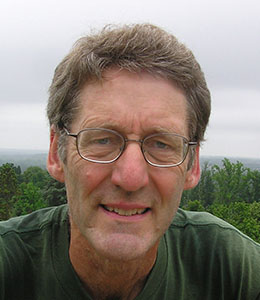
Dr. Scott Stanford earned a B.S. in Geology from the University of North Carolina at Chapel Hill, an M.S. in Geology from the University of Wisconsin—Madison, and a Ph.D. in Geological Sciences from Rutgers University. His research interests include geologic mapping, hydrogeology and engineering geology of surficial deposits, geomorphology, and glacial geology. He is a member of the Geological Society of America and has been published in numerous journal articles and field conference publications.
Student Reviews
Most useful aspect of the course: “Very knowledgeable presenters who made the course interesting and applicable to NJ.”
– Jordan Thomas Kean
Environmental Engineer“Very useful information and good pace for online class.”
– J. Krohn
LSRP, Land Kare Inc.“The course was detailed, and the presenters were all very knowledgeable. Good material to help future planning on projects in northern New Jersey and other studied areas.”
– Ryan P. Cooper
Project Scientist / Environmental ConsultantContinuing Education Credits
The most recent offering of Glacial Deposits of New Jersey was approved for 0.5 Rutgers CEUs (5 contact hours) as well as the following credits from professional organizations. We will reapply for similar credits the next time the course runs, but we cannot guarantee credit approval for future offerings.
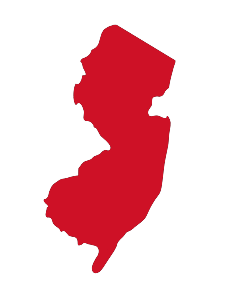 New Jersey
New Jersey
NJ Drinking Water Operators ONLY (T, W or VSWS): 5 TCHs (Approval #01-122004-10)
NJ Health Officers and Registered Environmental Health Specialists (HO/REHS): Rutgers University, NJAES, Office of Continuing Professional Education has been approved by the New Jersey Department of Health as a provider of NJ Public Health Continuing Education Contact Hours (CEs). Participants who complete this education program will be awarded 4.50 NJ Public Health Continuing Education Contact Hours (CEs).
NJ Certified Public Works Managers (CPWM): 4.5 Technical
NJ Licensed Site Remediation Professionals (LSRP): 5 Technical CECs (Course No. 2016-021)
NJ Professional Engineers: 5 Continuing Professional Competency (CPC) Credits
NJ Well Drillers: 5 Technical/Industry CEPs (Course No. WP2026-127-OL)
Attention U.S. Veterans
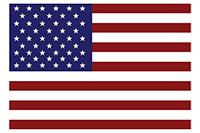
This course is approved by the New Jersey State Approving Agency for Veterans Training for educational benefits through the GI Bill®. Learn more.
GI Bill® is a registered trademark of the U.S. Department of Veterans Affairs (VA). More information about education benefits offered by VA is available at the official U.S. government website at http://www.benefits.va.gov/gibill.
Program Questions? We’re Here to Help!
If you have any questions about Glacial Deposits of New Jersey, please don’t hesitate to reach out to us.

Program Coordinator: Pamela Springard-Mayer
848-932-7463
pspring@rutgers.edu
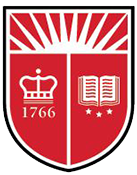
Administrative Assistant: Claudine Oleskin
848-932-7204
coleskin@njaes.rutgers.edu
For registration assistance, please contact our Registration Department at 848-932-9271, option 2 or email registration@njaes.rutgers.edu.
